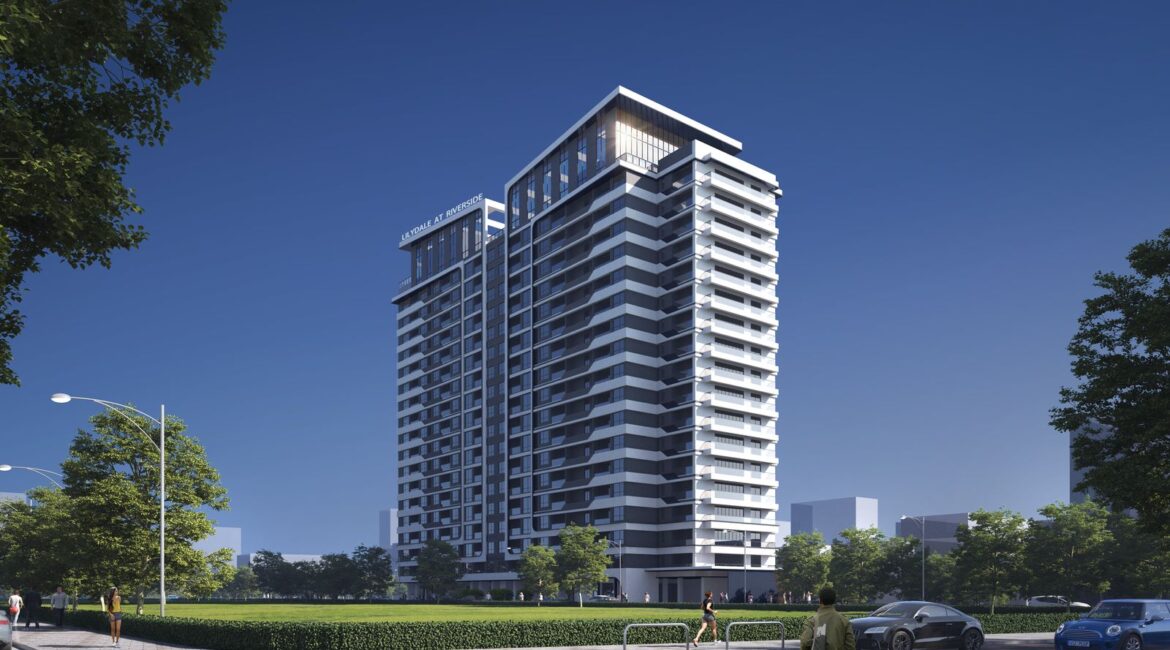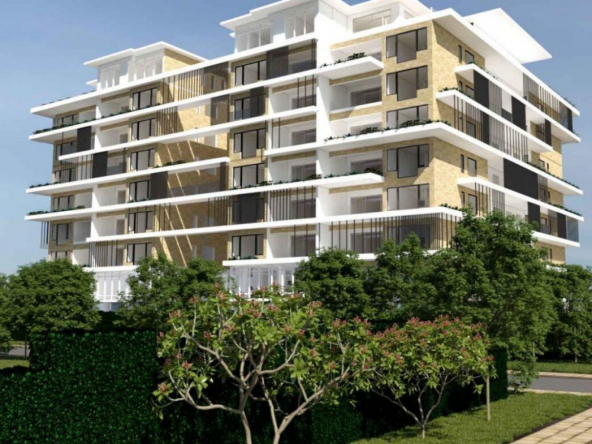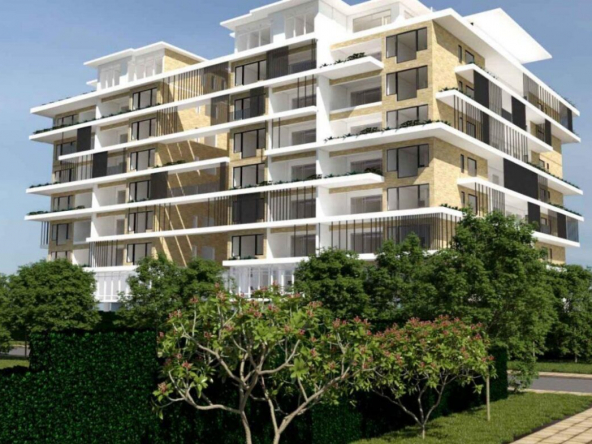When it comes to real estate investments, choosing the right type of property is just as important as choosing the right location. Two popular choices for many investors, especially in university towns and urban centers, are student hostels and residential apartments. But which of the two yields better returns? Which one carries less risk? And which aligns better with your long-term investment goals?
In this post, we’ll break down the key factors to consider when comparing student hostels and apartments, helping you decide which is a smarter move for your portfolio.
1. Target Market and Demand
Student Hostels
These are purpose-built or converted properties catering specifically to students. Demand tends to be stable, especially near universities, colleges, and technical institutes. The influx of students each academic year means vacancy rates are often low. In regions with limited campus accommodation, student hostels can be in very high demand.
Apartments
Apartments appeal to a broader market—young professionals, families, retirees, and even students. However, this also means stiffer competition. While demand can be strong in central or growing areas, the pool of tenants is more varied, making targeting and pricing less predictable.
Verdict: If your property is near an academic institution, hostels may offer more reliable occupancy.
2. Rental Income and Cash Flow
Student Hostels
Rent is typically charged per bed, not per room. This often results in higher total income per unit. For example, a 4-bedroom hostel with 2 beds per room could generate rent from 8 tenants. Additionally, students usually pay rent quarterly or termly, ensuring a steady flow of cash.
Apartments
Rental income from apartments is usually fixed per unit, depending on the size and location. While the rent may be higher per unit compared to a hostel room, the total income may still be less than that of a multi-tenant hostel setup.
Verdict: Hostels usually offer higher rental yield, especially when fully occupied.
3. Management and Maintenance
Student Hostels
Managing hostels can be labor-intensive. You’re dealing with multiple tenants, often young adults living away from home for the first time. This can mean more wear and tear, noise complaints, and regular turnover. You’ll likely need a property manager or caretaker on site.
Apartments
With fewer tenants to manage, apartments often require less daily oversight. Long-term tenants are more common, which reduces turnover and maintenance frequency.
Verdict: Apartments offer easier management, while hostels demand active property management.
4. Capital Appreciation
Student Hostels
Hostels may not appreciate in value as fast as apartments because their resale market is narrower. They’re a niche asset that appeals mostly to investors targeting student housing.
Apartments
Apartments usually enjoy broader market appeal and therefore better capital appreciation over time. They’re easier to sell, refinance, or repurpose, making them more liquid as an asset class.
Verdict: Apartments win when it comes to capital growth and resale flexibility.
5. Risk and Resilience
Student Hostels
While hostels are less affected by general economic downturns (students still need to study), they are vulnerable to institutional disruptions. For instance, university closures, strikes, or a pandemic (as seen with COVID-19) can drastically reduce demand overnight.
Apartments
Residential apartments are generally more resilient. People always need housing, and if one type of tenant leaves, another can often take their place.
Verdict: Apartments are the safer long-term bet in uncertain economic climates.
Final Thoughts: Which One Is Better?
| Criteria | Student Hostels | Apartments |
|---|---|---|
| Rental Income | ✅ Higher (per bed) | ➖ Lower (per unit) |
| Management | ❌ Demanding | ✅ Easier |
| Appreciation | ➖ Slower | ✅ Stronger |
| Risk | ❌ Vulnerable to academic cycles | ✅ More stable |
| Occupancy | ✅ Consistent near schools | ✅ Varies by location |
Choose Student Hostels If:
-
You own or plan to buy land near a university or college.
-
You want strong, short-term cash flow.
-
You can handle or outsource active management.
Choose Apartments If:
-
You’re focused on long-term capital growth.
-
You prefer a hands-off investment.
-
You want flexibility in resale and tenant choice.






